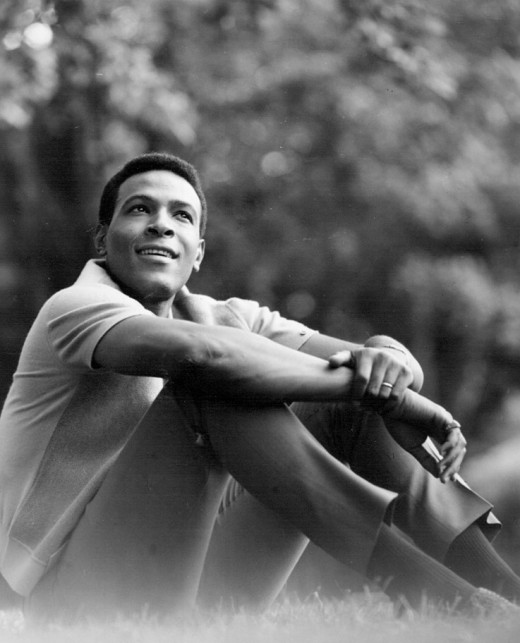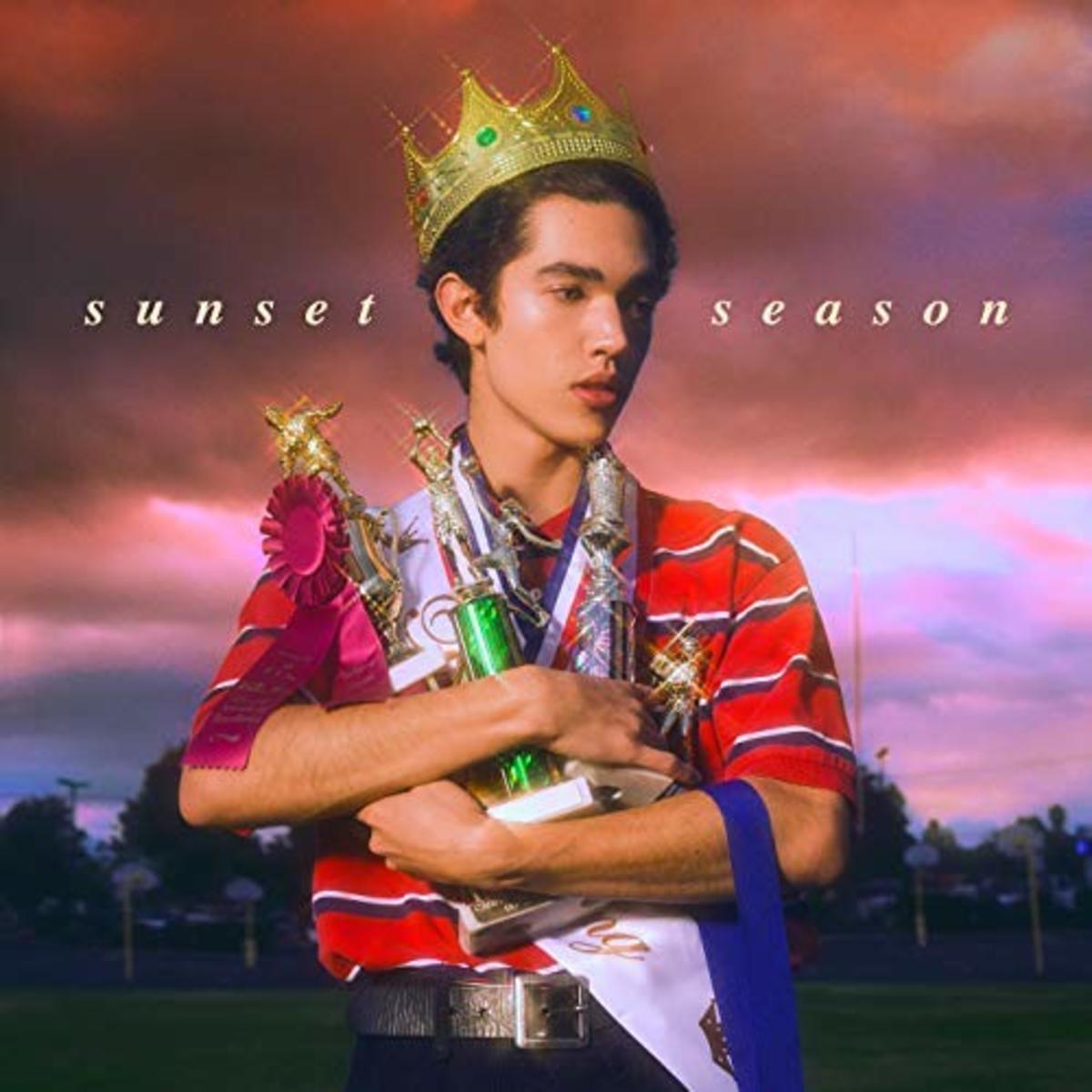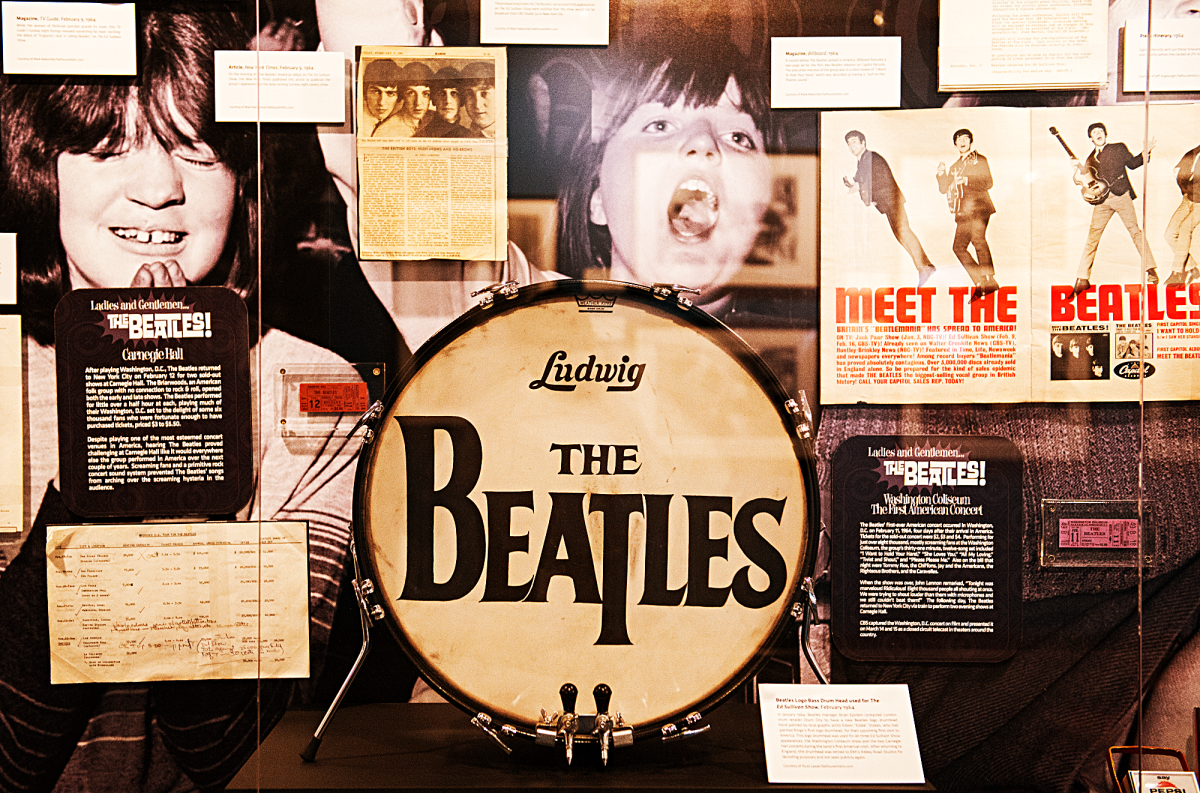The Blurred Lines Lawsuit and How It Might Impact Songwriters and the Music Industry
After a jury determined that Blurred Lines by Robin Thicke violated the copyright of Gotta Give It Up by Marvin Gaye, many songwriters are fearful about what the case means to them. In the past, copyright lawsuits typically focused on plagiarized lyrics or melodies. However, this case was different. The jury awarded Gaye's children $7.4 million mainly because Blurred Lines and Gotta Give It Up have a similar feel.
DJ, producer and musician Questlove had this to say about the verdict:
"Look, technically it’s not plagiarized. It’s not the same chord progression. It’s a feeling. Because there’s a cowbell in it and a fender Rhodes as the main instrumentation — that still doesn’t make it plagiarized. We all know it’s derivative. That’s how Pharrell works. Everything that Pharrell produces is derivative of another song — but it’s an homage. If it were a case of melodic plagiarism, I would definitely side with the estate."
Singer-songwriter Keith Urban said:
"My initial reaction from it, I was shocked, honestly. Seems more like a sound and a feel and a style and a genre and an era, none of which can be copyrighted."

And that's the concern. Blurred Lines has a different chord progression and melody than Marvin Gaye's song. It's written in a different key. The lyrics and themes of both songs are completely different. They have a different rhythm and tempo. Gotta Give It Up wasn't sampled in any way.
This is different from a recent case involving Tom Petty and Sam Smith. Smith agreed to give writing credits to Petty on his song Stay With Me. The chorus of Stay With Me sounded like a slowed-down version of the chorus of I Won't Back Down by Tom Petty. Smith and Petty reached an agreement without any legal proceedings.
Blurred Lines Versus Gotta Give It Up
Music evolves so every song bears some relationship to what came before. Every artist piggybacks off the work of their predecessors. Just about every artist happily cops to their influences. Both Pharrell and Robin Thicke were open about Marvin Gaye being a major influence on their music and that was used against them at trial. But no one is 100% original. In a 1992 interview, singer Pete Seeger said:
"My father used to say, ‘Most folk music is the product of plagiarism. That’s what I learned from Woody Guthrie. You borrow a tune here, then change it a little bit. You borrow some words there. Then add to them. You don’t claim to be original."
Bob Dylan's take on plagiarism is "It’s part of the tradition. It goes way back." Producer and songwriter Ricky Reed said:
"...the “Blurred Lines” case makes me a little nervous because those songs aren’t really musically related in any way when it comes to the chords or the melodies...That for me is pretty scary because it could open up a whole floodgate of people being like, “Well, this song kinda feels like this old song.” What’s made music great for generations and generations is that young musicians are inspired by the old dogs and make records that show their influence. If people start suing based on a feeling, that will be a dark day for creators."
Radio.com lists 8 different artists who could potentially sue Mark Ronson and Bruno Mars because their song Uptown Funk has the same feel
Uptown Funk by Mark Ronson and Bruno Mars has spent 10 weeks in the #1 spot on the Billboard Hot 100. Radio.com has an article titled "8 Artists That Could Sue ‘Uptown Funk’ on the Same Grounds as ‘Blurred Lines’" that indicates how potentially damaging the verdict could be. Marvin Gaye's family is also considering a lawsuit against Pharrell Williams because they say his song Happy sounds too much like Ain't That Peculiar. Again, the songs really aren't alike other than the feel. The "feel" of a song is such a vague thing that multiple artists could claim a song violates their copyright. Pharrell Williams didn't help his case when he said in a 2019 interview that he tries to "reverse engineer" songs.
"I did that in 'Blurred Lines' and got myself in trouble. I really made it feel so much like ('Got To Give It Up'), that people were like, 'Oh, I hear the same thing.'”
Artists and producers will have to be much more careful when giving interviews and shouldn't own up to their influences to avoid getting sued. But that may not be enough to prevent lawsuits. Influences are often too obvious. And in many cases, singers want to pay homage to their favorites artists. Throwback music has become popular with artists like Adele and Sam Smith harkening back to the heyday of Motown. Get Lucky by Daft Punk was heavily influenced by the disco era. Meghan Trainor has brought back Doo Wop. Uptown Funk brings back funk.
Will this lawsuit bring the throwback juggernaut to a screeching halt as artists, songwriters and labels desperately try to unique? Is that even possible? Will fewer songs get released if labels worry they sound sort of like another song? Will the Blurred Lines verdict lead to chaos?
The situation is unlikely to get that bad. Artists, songwriters and producers have been getting sued for actual plagiarism for years and it doesn't stop plagiarism. Mega-producer Dr. Luke has been accused of plagiarism throughout his career and multiple lawsuits didn't stop him. When Katy Perry released the Dr. Luke produced Roar, it sounded almost exactly like Brave by Sara Bareilles and both songs even have similar themes of self-empowerment.
If lawsuits haven't stopped actual plagiarism, the Blurred Lines verdict won't stop artists who want to catch the feel or vibe of another artist's work or the sound of a particular era. Many rights owners may be unwilling to file a lawsuit solely on another song having the same feel simply because other juries might not agree that a copyright violation occurred. As Billboard points out:
"There's not much legal precedent from the jury's decision, and every reason to believe it will be a rare one. For every "Blurred Lines" verdict, there are hundreds of unsuccessful lawsuits alleging song theft. Federal judges simply won't tolerate allegations concerning the infringement of unprotected, generic ideas -- and any attorney not warning clients of the long odds is committing borderline malpractice."
This content reflects the personal opinions of the author. It is accurate and true to the best of the author’s knowledge and should not be substituted for impartial fact or advice in legal, political, or personal matters.
© 2015 LT Wright








